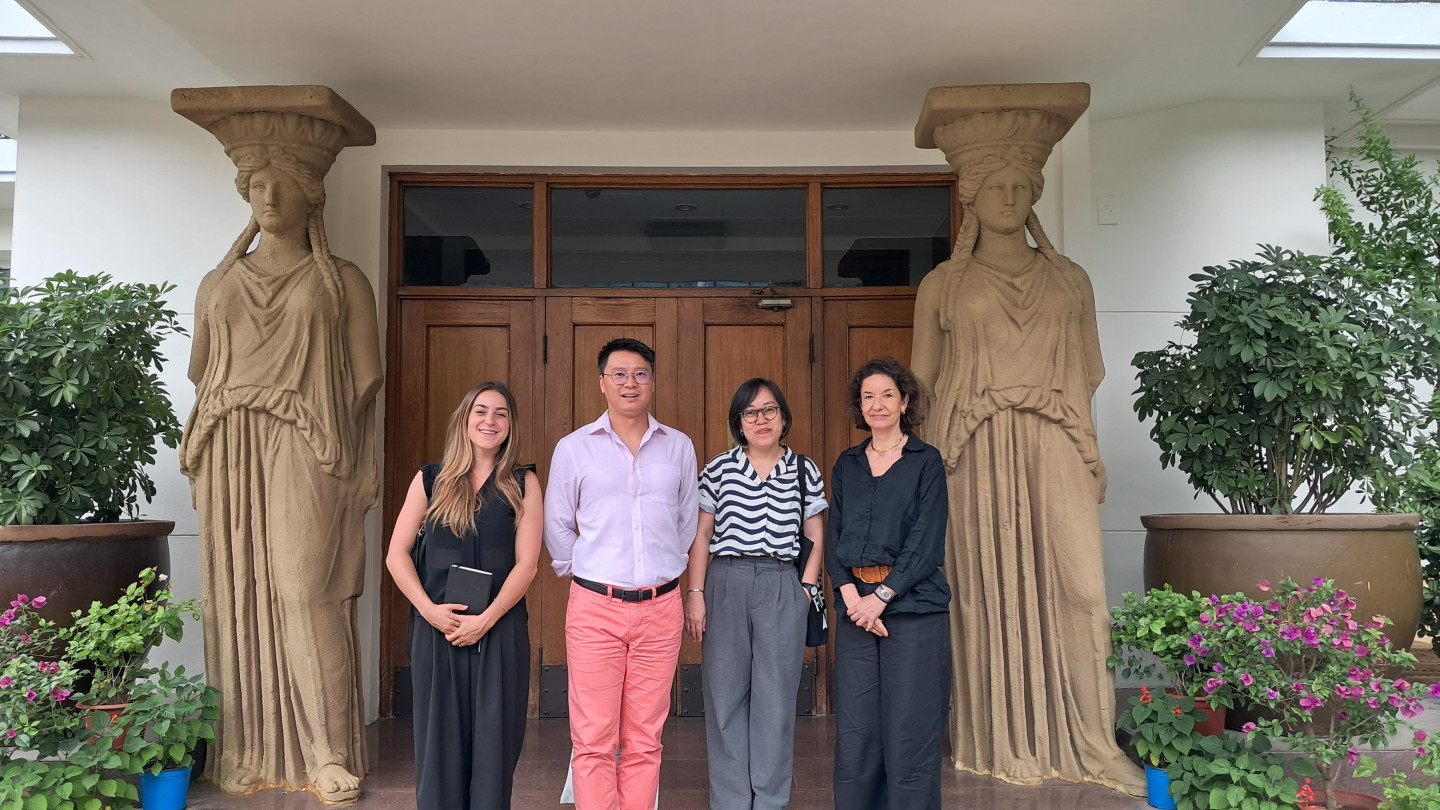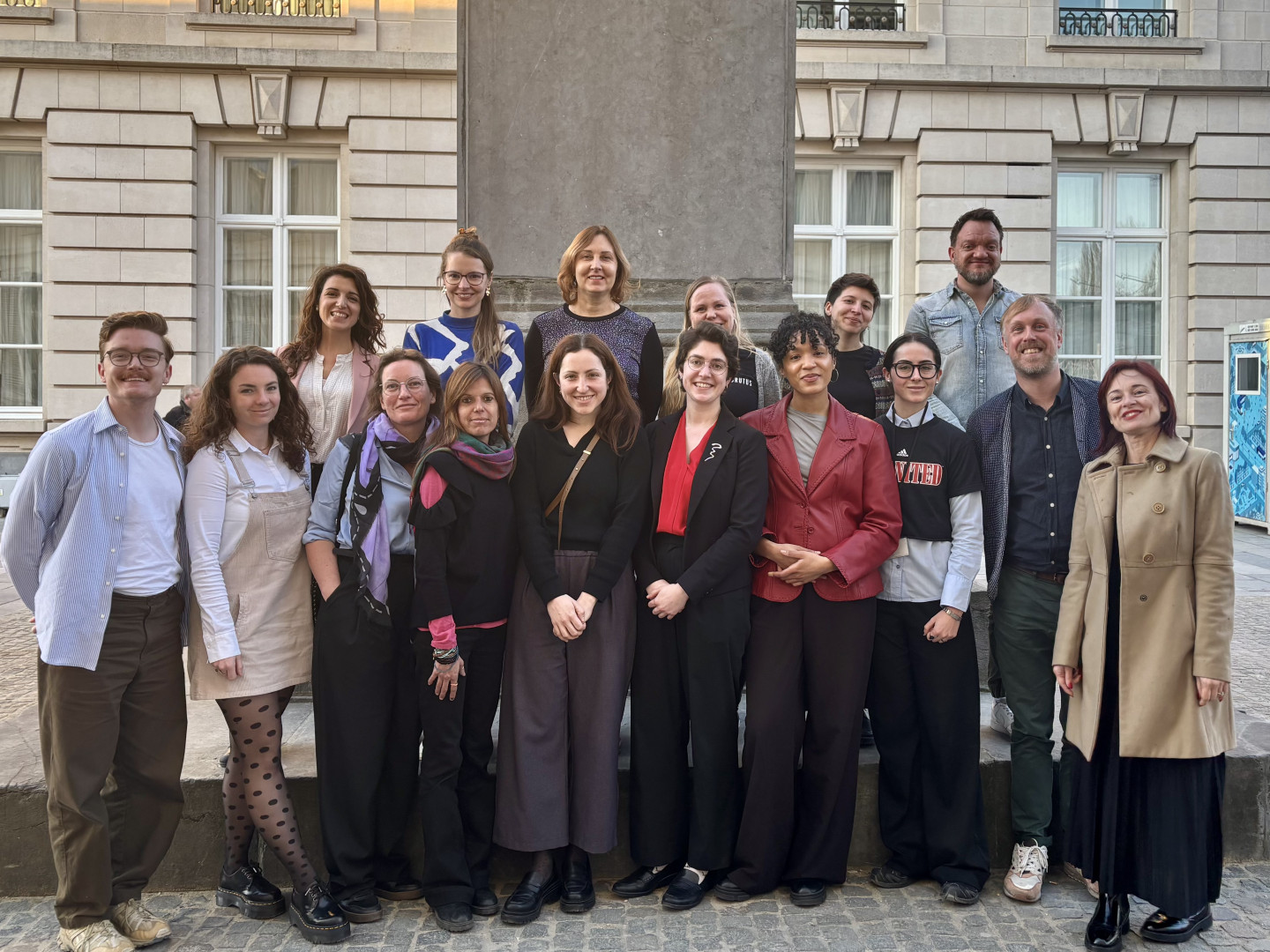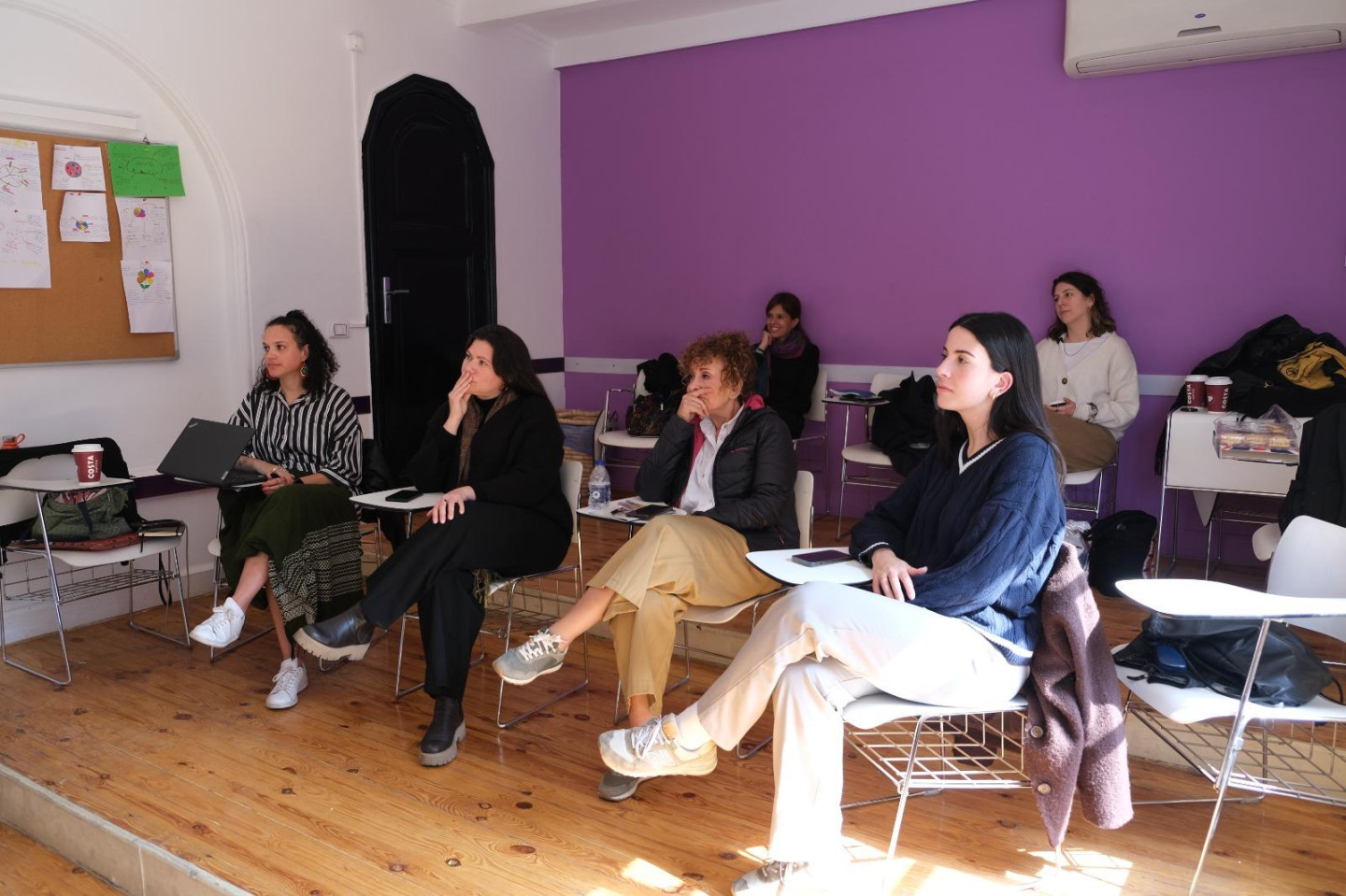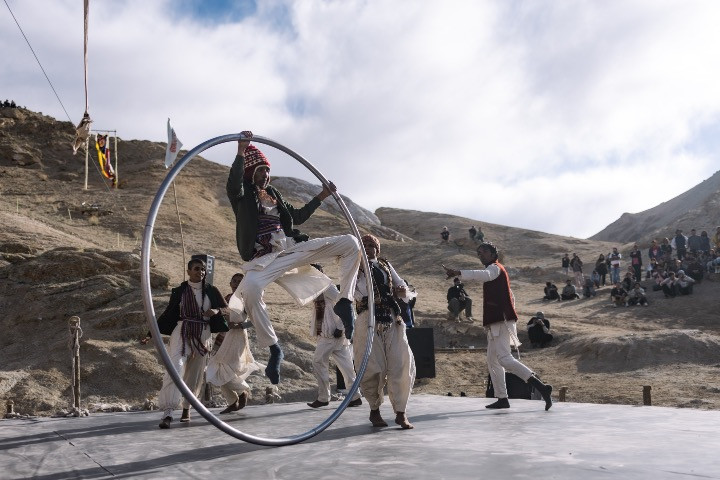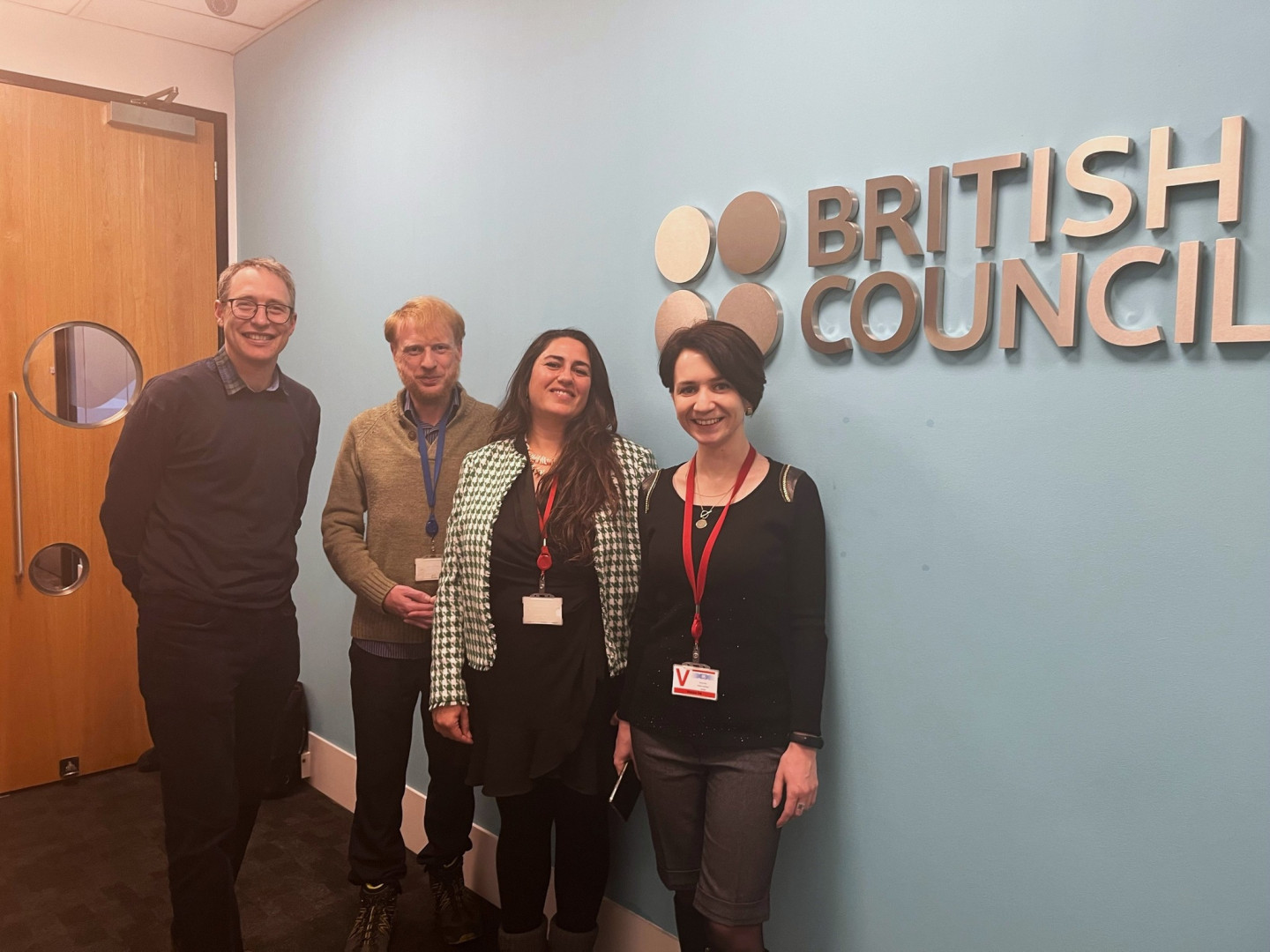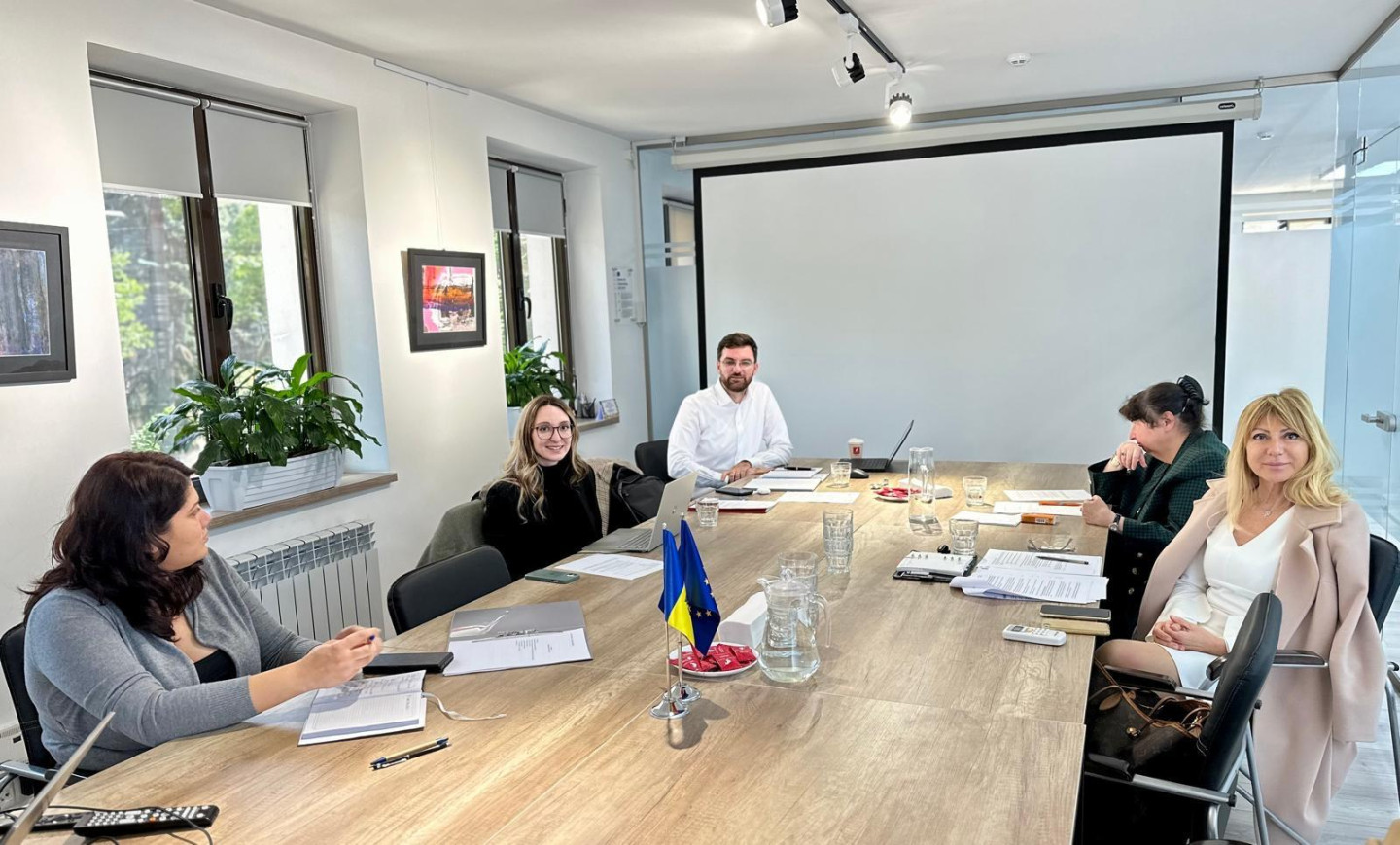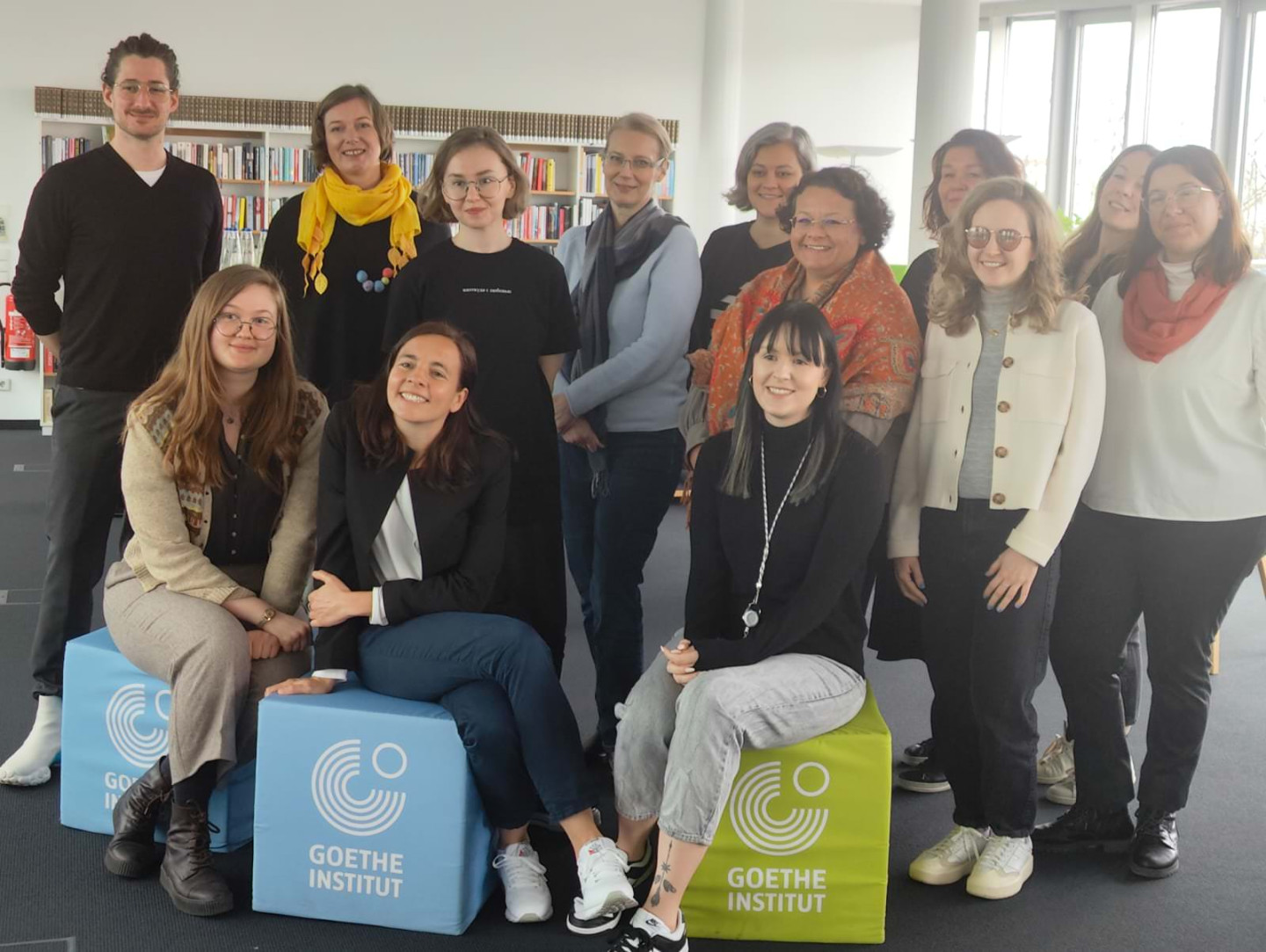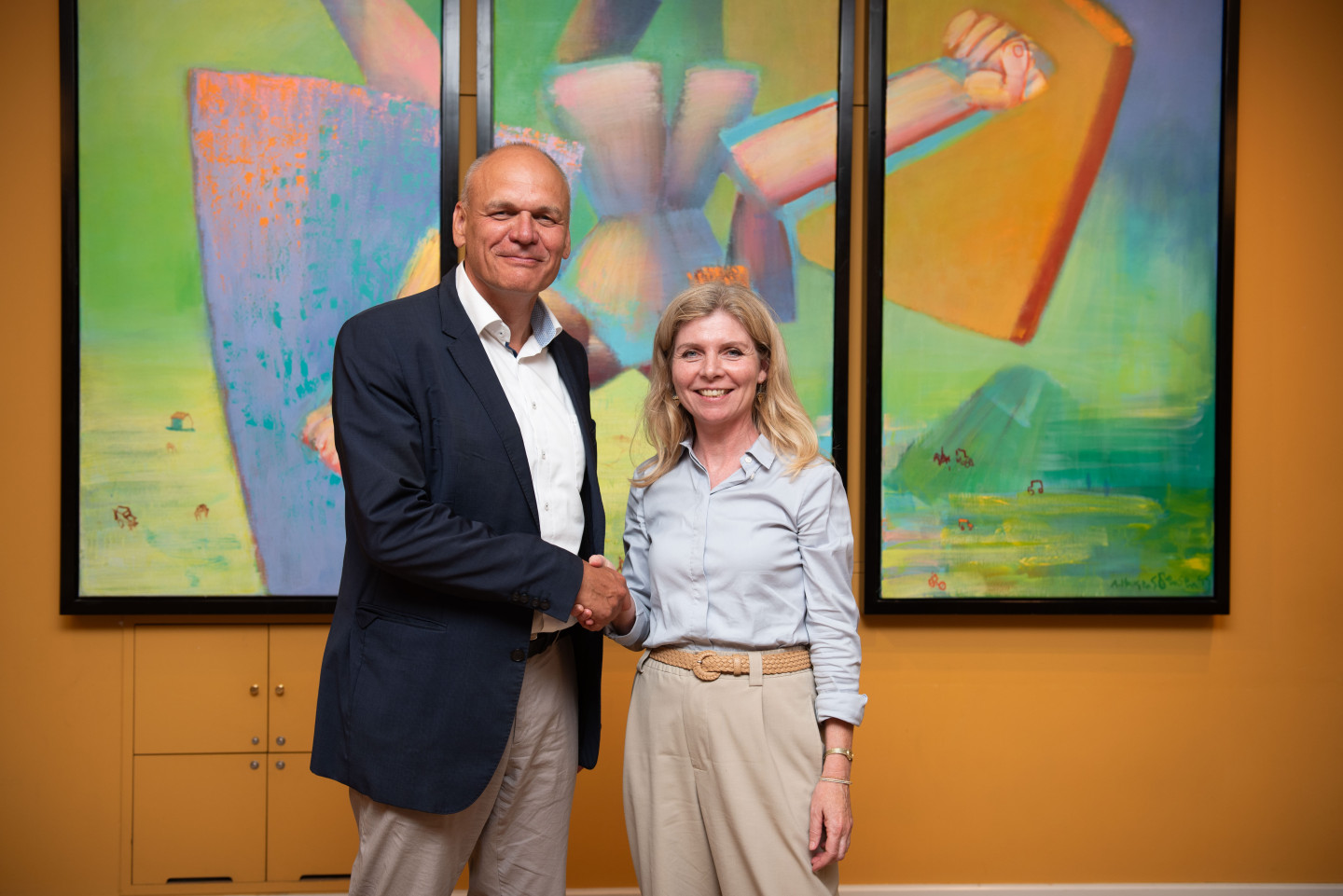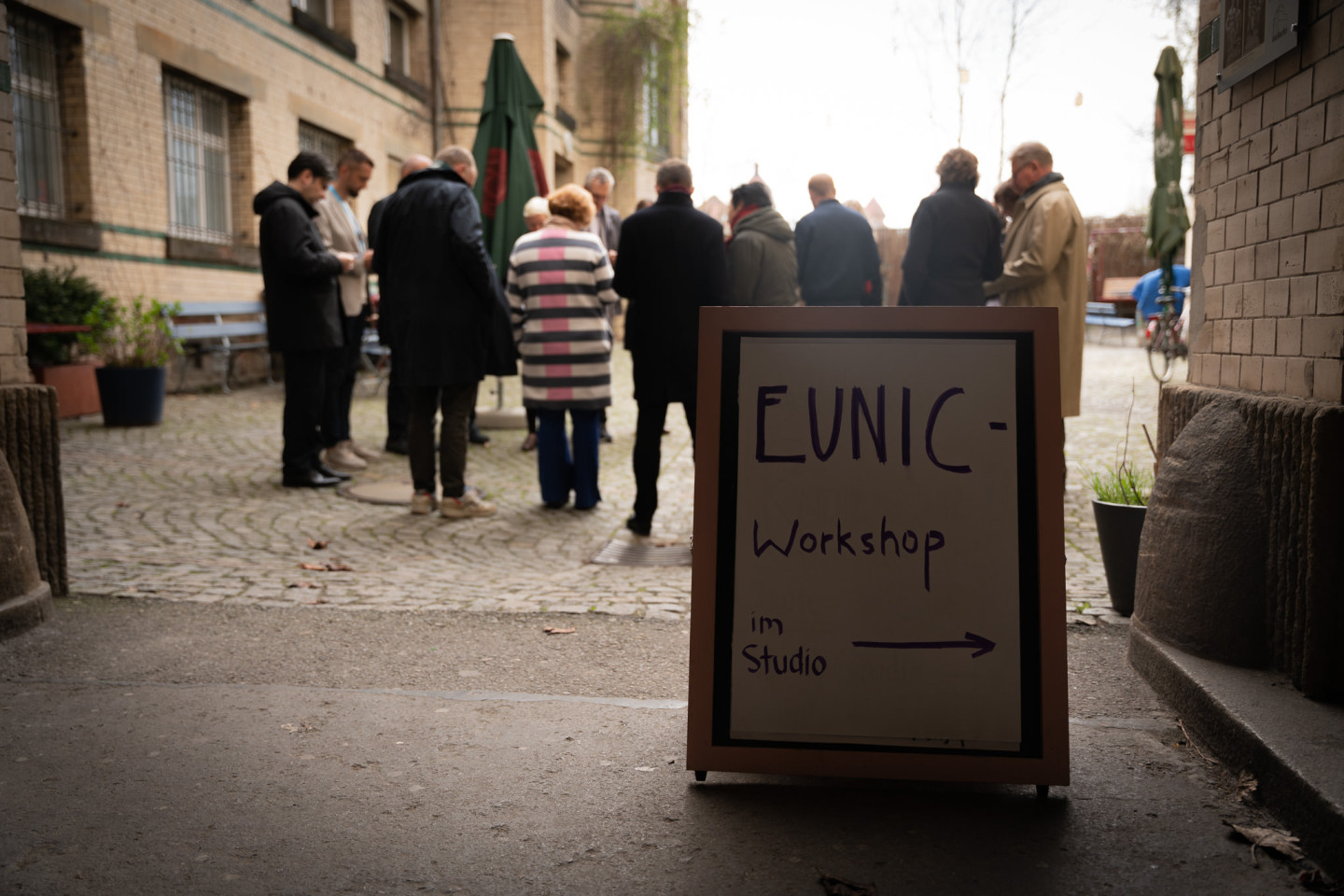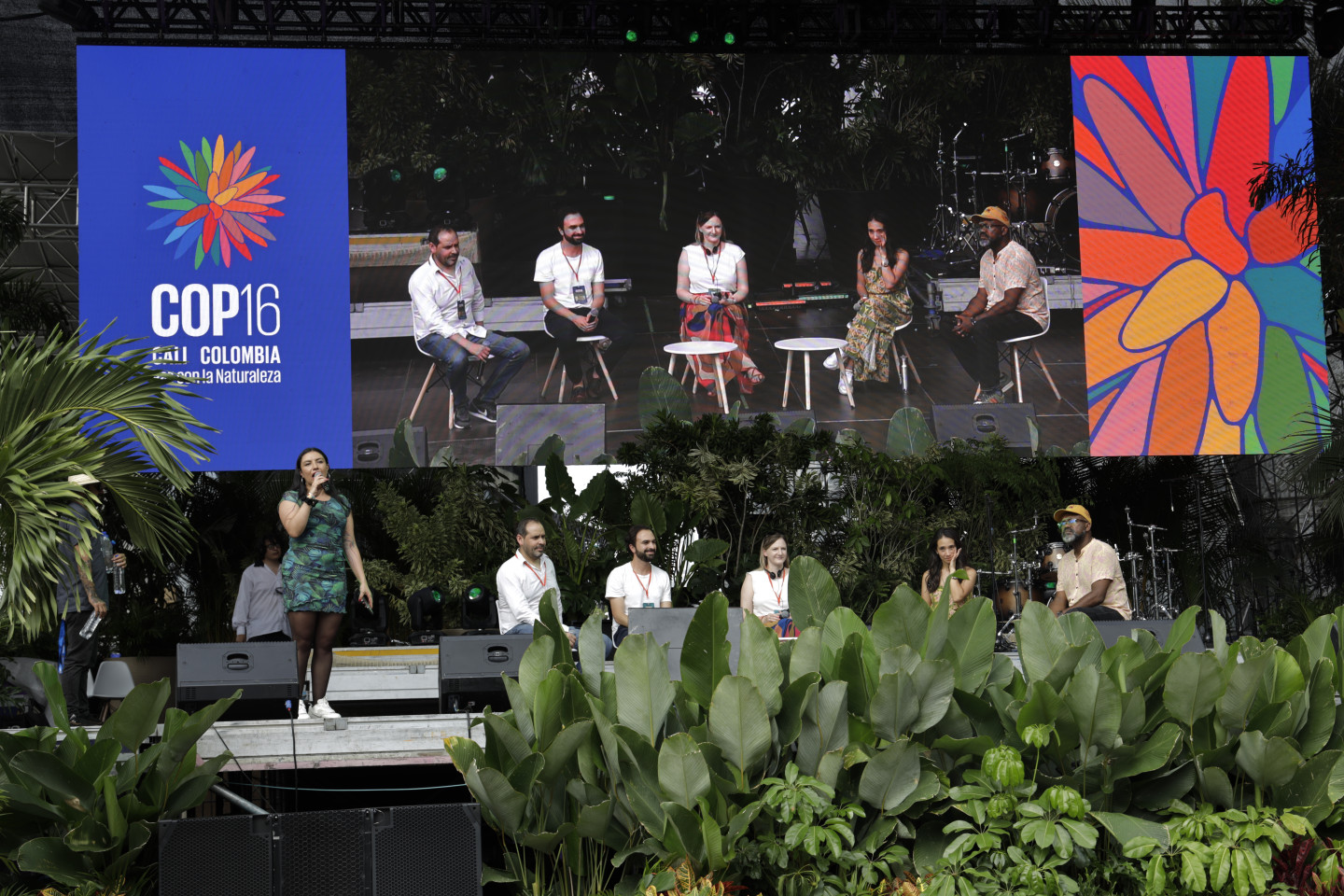
Cultural relations and climate at COP16 in Cali
Rosanna Lewis, Senior Relationship Manager at the British Council in Brussels shares her experience of participating in COP16, the UN Convention on Biological Diversity in Cali, Colombia.

The world is changing before our very eyes. Alongside conflict, economic hardship, and social inequalities, climate change and biodiversity loss is one of the biggest challenges we are all facing today. And with its impacts set to intensify over the next decade, it will test the resilience of every part of society and every sector we work with. It will profoundly affect the way we operate and engage with one another. It is not just an environmental issue, it is a cultural issue.
When we think about climate change and biodiversity loss, we tend to focus on the symptoms as we experience and witness its effects in our communities, countries and worldwide. What we should be addressing are the root causes that have led us here, which come down to 1) our human and cultural relationship with nature and the environment, 2) the value we place on our heritage – whether tangible, intangible or ecological – and 3) the importance of social and environmental wellbeing for our collective humanity and for future generations.
This year, the Ministry of Cultures, Arts and Knowledges of Colombia in collaboration with the British Council hosted an all-day event on “Sustainable Stages” at COP16 - the UN Convention on Biological Diversity in Cali, Colombia. This was the British Council’s first ever attendance at a UN Biodiversity COP, having engaged more on the UNFCCC Climate COPs over the past four years.
Inspired by the British Council’s Cultura Circular programme for the sustainability of festivals in Latin America and the Caribbean, the Ministry wished to address the challenges and opportunities faced by Public Performing Arts Shows (EPAE) in reducing carbon emissions, efficient resource management, and incorporating sustainable practices in their planning and development. Through working groups, panels, and talks with event producers, regulatory bodies' representatives, and sustainability experts, the event aimed to inspire and pave the way towards a sustainable policy in Colombia in line with their National Plan for Culture 2024-2038.
The event started with workshops including Cultura Circular participating festivals from Colombia as well as sustainability experts to exchange knowledge, experiences, and tools on sustainable practice. Together, participants explored existing practice and resources, barriers and opportunities as well as future thinking and looking at good practice internationally. In the afternoon, we headed to the Main Stage of the Green Zone for presentations and panel discussions in front of a public audience of Green Zone visitors, cultural practitioners and environmental experts.
As a guest speaker, I shared our freshly published Climate Strategy, our arts and culture approach to the climate emergency, and UK trends and good practices from a recent report by the University of Arts London. My talk was followed by a presentation by Norma Cuadros, Director of the Planet ON Platform, on green production. Two panel discussions followed with festival representatives, Paula Diaz Arts Manager British Council, and Ministry staff including Felipe Hoyos, Leader for the implementation of the Public Performing Arts Shows Act, and Alexandra Giraldo Advisor on Biocultural Focus.
During my flying trip to Cali, I also caught the Natural History Museum exhibition of Wildlife Photographer of the Year awardees, and attended the UK Pavilion event with exhibitions on biodiversity, indigenous communities and conflict resilience. On my way back to Brussels, I stopped off in Bogota to visit the British Council office and EUNIC Cluster, hosted by the Spanish Embassy to Colombia. Joined by 8 members, we talked about the ongoing EU Spaces of Culture project – Danza en construccion – past projects in country, as well as British Council’s active role as an Associate Member.
The British Council is now heading to COP29 in Baku, Azerbaijan to advocate for the role of education and arts and culture in addressing climate change, and share learning from global best practice. We are working with strategic partners and young people, and our presence includes events, exhibitions, performances and interactive speaker sessions.
